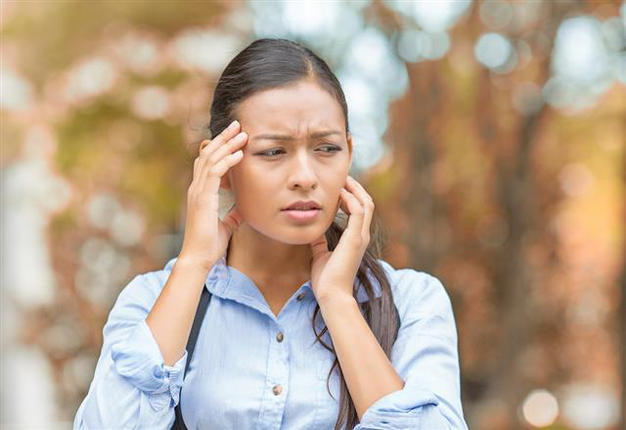Autumn Anxiety

It happens every year to people in the northern hemisphere. They watch the first red and yellow leaves fall to the ground, knowing that autumn is on its way, and their anxiety spikes. It often starts right at the end of August and continues on through the first couple weeks of September. A therapist in Wales, Ginny Scully, sees such a great number of clients with feelings of nervousness during that time she coined the term “autumn anxiety.” Highly sensitive people are especially prone to autumnal anxiety because any change can throw off their neurological systems. The seasonal changes of autumn and anxiety are especially dramatic.
Why might this be?
Consider that autumn is often a time of new things. New school year, new schedules, possibly even new jobs. For some people, autumn seems to be a time of so much change that they often sign up for every new opportunity possible. Your kids are in school and they need you. Yes, YOU! They need your help with the parent organization at school, or the urgent fundraiser for new bleachers, or the coach has identified you as the perfect assistant, and suddenly you’re surrounded by waist-high enthusiasts of a sport you may know very little about. Or is the Harvest Festival not going to be a success without you?
Be mindful of your willingness to help and your need to watch your own mental health. I call this “Fall Fever” and it’s addictive. Make a promise to yourself that before you agree to do something new that you consider it for at least 24 hours, preferably 48. During that time write down the reasons you actually want to do that activity. It could be as insidious as feeling wanted and needed by a group. It feels great to be wanted and needed. But be realistic about how much time your new duties will actually take.
However, if you’re a person prone to autumn anxiety, you might need to evaluate new activities as stressful or non-stressful. Perhaps, instead of committing to other people, you might consider committing to yourself. Maybe you need three times a week yoga classes instead of spearheading the latest school fundraiser. You are not a bad person for recognizing and acknowledging your own needs.
Also, make sure any new activities you take on allow you enough time to recharge and rest. Autumn is a time of new and different allergies. Spring allergies are quite common, but many people are unaware of the varying allergies that erupt with falling leaves and decaying plant matter. When you have allergies, your immune system perceives that it is under attack and contributes on a biological level to your feelings of anxiety.
Autumn is also a time of less sunlight. Load up on Vitamin D and Magnesium. Get out in the sun as often as you can during the early autumn months and notice the difference in your moods. Better yet, keep a mood journal and note your feelings and what you did on any given day.
Those who suffer from autumn anxiety can overcome it with these common-sense approaches.

